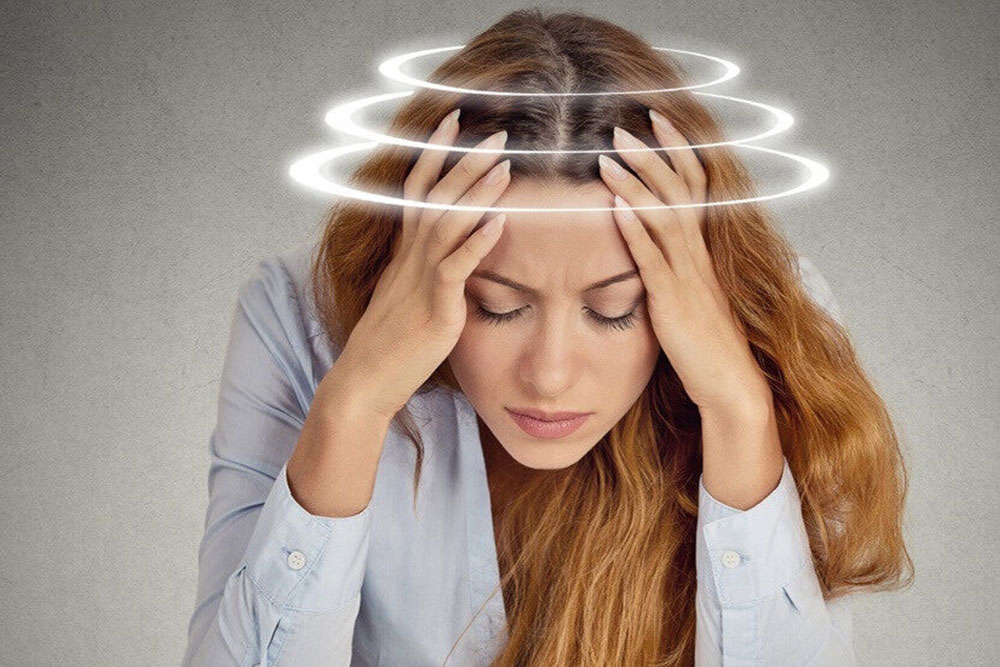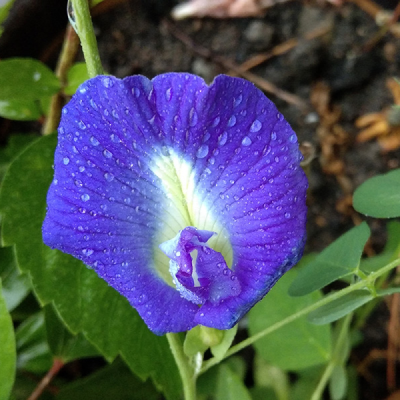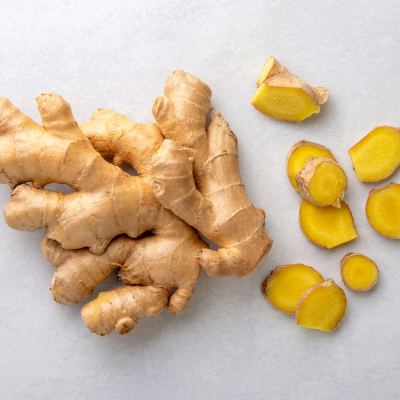Dizziness is a general term describing sensations such as light-headedness, unsteadiness, or vertigo (the feeling that you or your surroundings are spinning). It is a symptom, not a disease, and can range from mild to severe, occasionally affecting daily activities.
Types of Dizziness
- Light-headedness: A feeling of faintness or impending loss of consciousness.
- Vertigo: A spinning sensation caused by inner ear or brain issues.
- Disequilibrium: A feeling of unsteadiness or imbalance, often related to musculoskeletal or nervous system problems.
- Pre-syncope: A near-fainting experience due to reduced blood flow to the brain.
Common Causes
1. Inner Ear Issues:
- Benign paroxysmal positional vertigo (BPPV)
- Meniere's disease
- Vestibular neuritis
2. Circulatory Problems:
- Low blood pressure
- Dehydration
- Cardiac conditions
3. Neurological Conditions:
- Stroke
- Multiple sclerosis
4. Other Factors:
- Anemia
- Hypoglycemia
- Stress or anxiety
Dizziness in Ayurveda
In Ayurveda, dizziness is referred to as Bhrama and is linked to an imbalance of the Tridoshas: Vata, Pitta, and Kapha. The symptoms and causes vary based on the dominant dosha.
Dosha-Based Causes
1. Vata Imbalance:
- Overactivity of the nervous system
- Weak circulation
- Dehydration or dryness in the body
2. Pitta Imbalance:
- Excess heat affecting the brain and eyes
- Inflammation or hyperacidity
- Mental stress or anger
3. Kapha Imbalance:
- Congestion in the head or chest
- Excessive mucus
- Sluggish circulation or metabolism
Ayurvedic Pathophysiology
Dizziness often involves Prana Vayu (a subtype of Vata governing mental and sensory functions) and its interaction with other doshas.
Imbalances lead to disturbances in blood circulation, nervous coordination, and mental clarity.
Ayurvedic Remedies for Dizziness
1. Dietary Adjustments
- Favour light, warm, and easily digestible foods.
- Avoid processed foods, caffeine, and excessive salt.
- Incorporate hydrating and nourishing foods like fruits, vegetables, and whole grains.
2. Panchakarma Therapy
- Shirodhara: A calming therapy where warm medicated oil is poured on the forehead, balancing Prana Vayu and relieving dizziness.
- Nasya: Administration of medicated oils through the nose to clear head congestion.
- Abhyanga: Full-body oil massage to stabilize Vata dosha.
3. Yoga and Pranayama
Balasana (Child's Pose): Enhances relaxation.
Shavasana (Corpse Pose): Promotes overall balance.
Pranayama techniques like Anulom Vilom and Bhramari: Regulate Vata and improve oxygen flow.
Lifestyle Recommendations
- Maintain a consistent sleep schedule.
- Avoid excessive screen time.
- Stay hydrated and manage stress through meditation
Herbal Remedies
Brahmi (Bacopa monnieri):
Improves mental clarity and reduces stress.
Shankhpushpi:
Balances Vata and Pitta, calming the mind.
Ashwagandha:
Helps with nervous system health and reduces fatigue.
Ginger:
Useful for nausea and vertigo-related dizziness.
Tulsi (Holy Basil):
Reduces Kapha-related congestion and enhances clarity.
When to Seek Medical Attention?
- Persistent or worsening dizziness.
- Associated symptoms like severe headache, vision changes, or chest pain.
- History of heart conditions or neurological issues.
By combining modern diagnostics and Ayurvedic therapies, dizziness can be effectively managed to improve overall quality of life.








